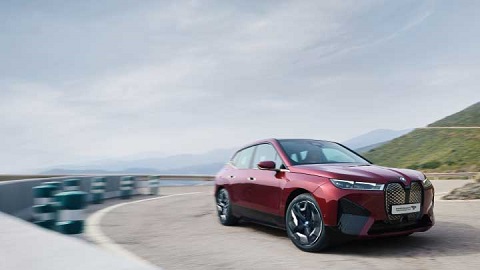Insights and Advice
Discover the latest insights from our in-house experts, ranging from buying advice through to maintenance guides.

Fleet Vehicle Maintenance: Essential Tips & Checklist
Learn how to stay on top of vehicle fleet maintenance with our expert checklist and advice for drivers and fleet managers.

PVM Introduces a New Rental Portal
Learn how our newly introduced rental platform will enhance efficiency, provide greater insight and reduce costs for your business.

Road Tax 2025: Vehicle Excise Duty (VED) Rates Explained
Vehicle Excise Duty (VED) rates are changing in 2025 and may have an impact on your fleet management strategy. Discover how much you'll have to pay.

Winter Driving Tips
We have highlighted our top tips for driving in the adverse weather conditions you may face during winter months.

What is a Winter Car Check?
Discover what is involved in a winter car check so that you can keep your vehicle in proper working order for winter.
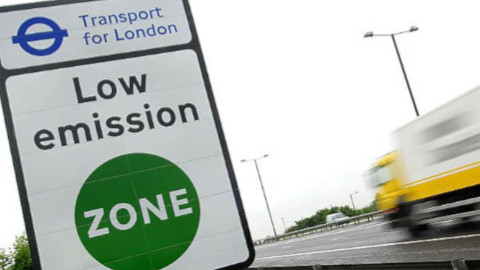
The ULEZ Expansion and Its Potential Impact on Fleets
Discover how the expansion of London's ULEZ zone will impact your fleet, including costs, affected areas and accessible support should you be affected.

Car Battery Tips For Winter
We have highlighted the top tips to enhance and protect your car battery during winter and colder temperatures.

How to Reduce Costs When Running a Business Fleet
Discover a plethora of ways to reduce the costs of running your business fleet and what to look out for when managing a fleet of vehicles.
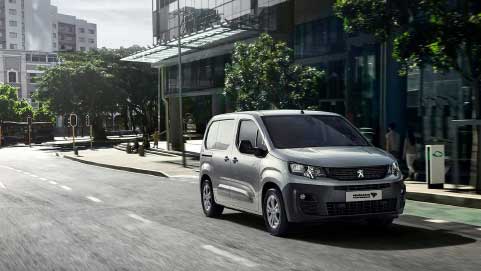
Driving Electric Part 5 - Choosing The Right Electric Fleet Vans
PVM can work with you to identify what will best suit your EV needs and deliver the most savings, when switching to an electric fleet.

Is Your Grey Fleet Affecting Your Businesses Sustainability Goals?
PVM look at whether grey fleet could affecting a businesses sustainability goals and what actions can be taken when reviewing grey fleet vehicles

Our Pick of Electric Vans
Electric vans ensure your business hits sustainability targets while offering sufficient levels of practicality. Discover some of the best currently available.
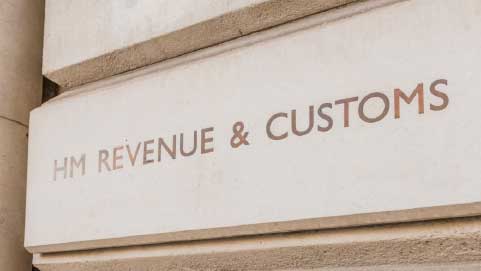
HMRC Clarifies Salary Sacrifice Car Scheme Tax
Clarifications to the tax treatment means that employees and employers can make greater savings on salary sacrifice vehicles.
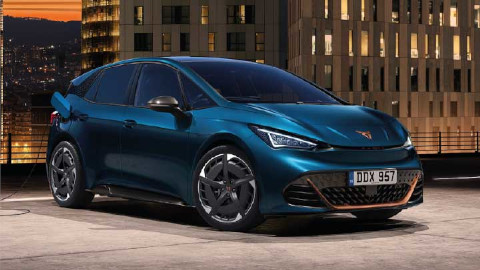
Our Pick of Electric Cars for 2022
Pendragon Vehicle Management round up some of the latest electric cars we can look forward to in 2022.

Tips on Extending EV Range and Tackling Range Anxiety
Pendragon Vehicle Management take a look at how to get the best out of your Electric Vehicles (EV's) charge.
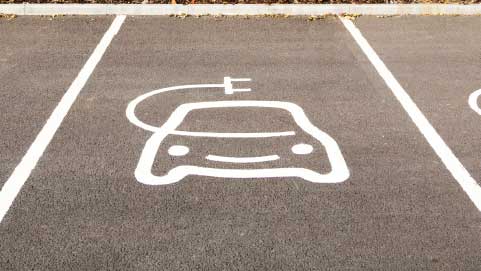
The UK ZEV Mandate
The government has announced its zero-emission vehicle (ZEV) mandate, in line with the Net Zero Strategy which will come into effect from 2024.

Is Your Fleet Ready for Winter?
PVM have collated a few tips and some advice for Fleet businesses on how to get your fleet ready for winter.

Why Personal Leasing is the Right Choice for Your Employees
Discover how a personal vehicle leasing scheme may be an ideal alternative to other employee benefits such as cash allowances and company cars.
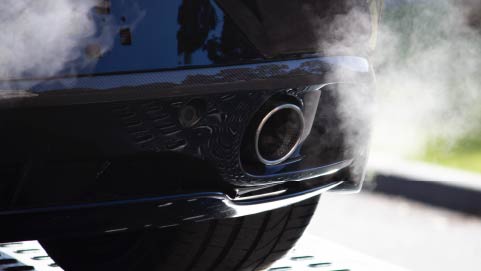
10 Ways to Reduce Your Fleet Emissions
Discover 10 ways that your business can reduce its carbon emissions and subsequently meet its corporate responsibility targets.

Could Rental Vehicles Help Businesses Stay On The Road?
PVM looks at how business rental vehicles could help businesses stay on the road and mitigate the delays expected due to the current semiconductor shortage.
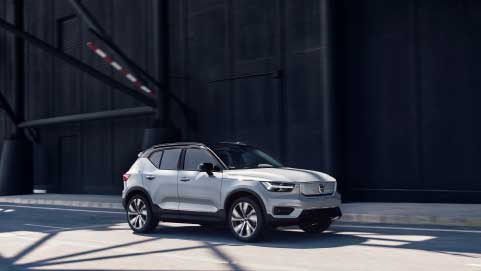
Forterra Go Green With a Fully Electrified Car Fleet From PVM
Forterra plc go green with fully electrified car fleet and multi-year sole supply agreement with Pendragon.

Driving Abroad After Brexit: 5 Things Drivers Need to Know
Still feeling left in the dark about what you need to consider when driving abroad? Read on for 5 things all drivers need to know.

Vital Energi on Going Green with PVM
Discover how Vital Energi transformed their business fleet to become one of Pendragon Vehicle Management's 'greenest' clients.
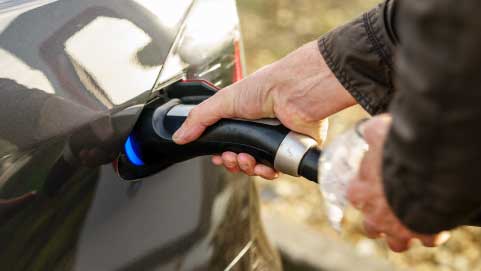
Vehicles That Still Attract the Plug-In Grant
PVM look at which vehicles are still going to be eligible for the plug-in vehicle grant going forward.
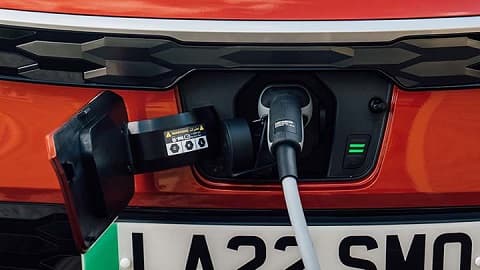
Driving Electric Part 6 – Whole Life Costs and Electric Cars
Looking at Whole Life Costs allows a business to compare the costs of vehicles over the life of their contract.

Why R.E.D is the Right Choice for Hard-Working Fleets
Contract hire vehicles can be subject to damage charges at the end of a contract (EOC), but by choosing R.E.D. these charges go away, making budgeting easy.

Hiring Electric For Your Business
Electric vehicles are now available to hire through Pendragon Vehicle Management Rental Plus, our unique flexible mid to long term rental service.
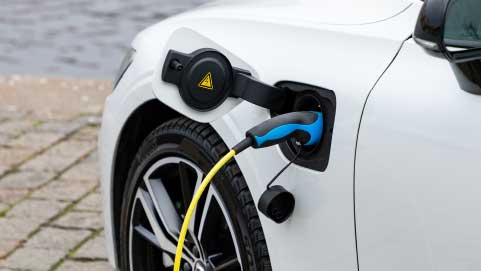
Going Zero Emission With Salary Sacrifice
PVM look at why are more and more businesses are opting to implement Salary Sacrifice with low and zero emission vehicles.

PVM Are Working Hard to Develop Our Associates
Discover how we're developing and investing in our associates to ensure they're well-prepared to deliver the greatest support to our customers.

The Latest Update on WLTP
Discover the latest updates on WLTP from April 2020 and the impact this will have on company car tax and vehicle exise duty.

Driving Electric Part 4 - Choosing The Right Electric Fleet Cars
The fleet industry is going electric, but how do you know which vehicles to consider for your fleet?

Driving Through Floodwater
Here are some useful tips to help keep your drivers and your fleet safe when faced with heavy rain and possible flooding.
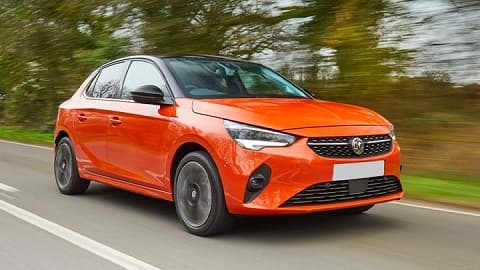
Driving Electric Part 3 - Tackling Range Anxiety
Range anxiety stops many businesses from making the switch to electric each year. Discover how to overcome range anxiety and electrify your fleet.

Driving Electric Part 2 - All You Need to Know About CAZ, and ULEZ
Pendragon Vehicle Management run down the key things you need to know about CAZ and ULEZ and what the implications could be for your fleet.
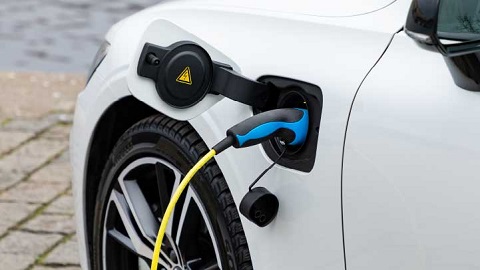
Driving Electric Part 1 - Key Information
The first in a new PVM blog series, covering the key things you need to know about driving electric.

What is BIK: Everything You Need to Know
Company vehicles are subject to tax. Find out more about how Benefit-In-Kind is calculated and the tax bands from 2015-2021.
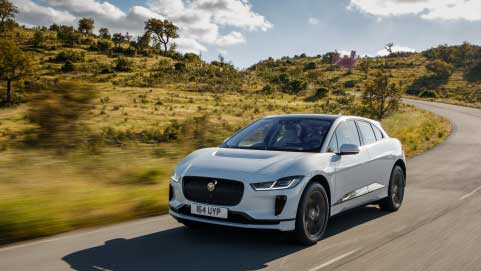
The Benefits of Electric Vehicles
There are a range of benefits related to electric vehicles, and we have highlighted some of the key incentives.

Is There a Viable Alternative for Diesel?
Following recent media attention around diesel vehicles, we've explored whether there is a viable alternative to diesel-powered vehicles for fleet managers.

The True Cost of Grey Fleet
This week the British Vehicle Leasing and Rental Association (BVRLA) released figures following the biggest ever study of grey fleet vehicles.

What are the International Financial Reporting Standards (IFRS)?
New financial reporting standards treating leases come into effect next year. Find out more about IFRS in this article.

How to Launch Your Employee Car Benefit Scheme
Making the most out of a car benefit scheme requires a good launch plan. Discover how to implement a sufficient employee car leasing scheme within your business.

Top 5 Most Popular Fleet Vans
Explore our picks for the top five fleet vans. Find out all the essential features that will help power your business to success.

How Contract Hire Adds Value To Your Business
Discover the best options for your business when deciding between contract hiring or purchasing. Read our balanced argument.

How to Improve the Fuel Consumption of Your Fleet
Corporate vehicle fleets are one of the biggest costs to a business. Read our top tips on how to save money by cutting fuel costs.
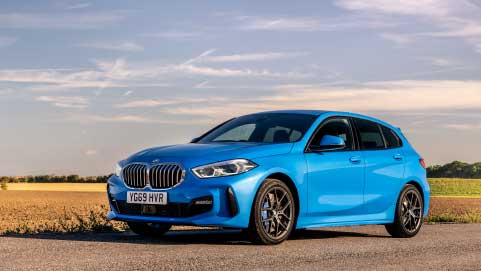
5 Reasons Why Let's Lease is Right for You
As our solution to employee mobility issues, discover how the Let's Lease salary sacrifice scheme may be the ideal fit for your business.
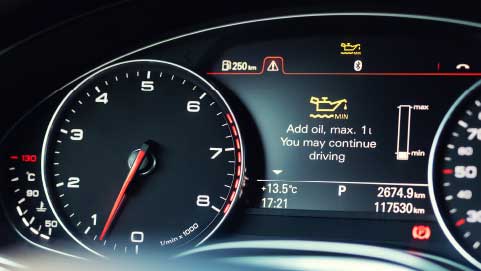
Dashboard Warning Lights: What Do They Mean?
Paying attention to dashboard warning lights is crucial even when driving a company vehicle. Discover more about warning lights here.

Prepare for Winter With These Simple Checks
Driving during the winter period can pose a variety of challenges. Discover how to prepare your vehicle for colder weather.
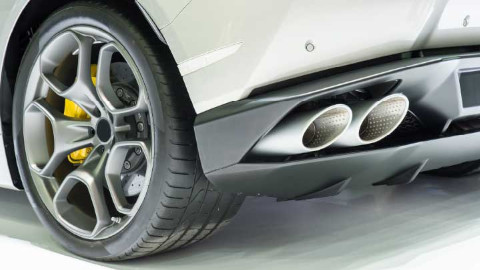
WLTP and RDE: The New Emissions Testing Standards
Learn more about what the WLTP and RDE emissions testing procedures are and how they may impact you and your fleet.

How to Choose Your Company Car Fleet
Our guide provides a number of useful tips for when you next choose which cars or commercial vans you want to add to your fleet.
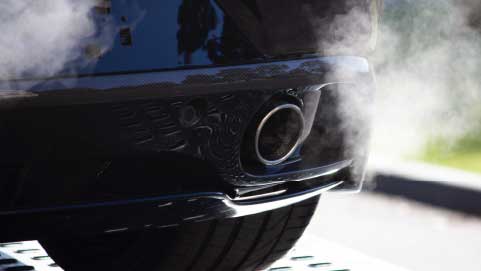
What is WLTP and How Does it Affect Your Fleet?
In this handy guide we outline what WLTP is and how it could affect your fleet.

Speeding: The Real Consequences
Speeding can have huge implications for drivers and business owners. Pendragon Vehicle Management details the true costs of speeding.


